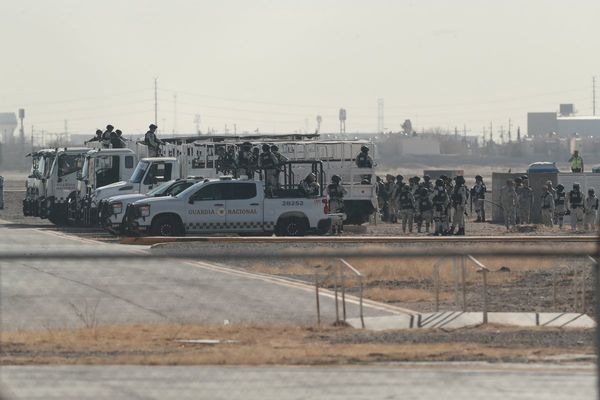
Russia says it will cut gas supplies to Europe from Wednesday in a blow to countries that have backed Ukraine, while missile attacks in Black Sea coastal regions raised doubts about whether Russia stick to a deal to let Ukraine export grain.
The first ships from Ukraine might set sail in days under a deal agreed on Friday, the United Nations said, despite a Russian missile attack on the Ukrainian port of Odesa at the weekend, and a spokesman for the military administration in the saying another missile had hit the Odesa region on Tuesday morning.
Soaring energy costs and the threat of hunger faced by millions in poorer nations show how the biggest conflict in Europe since World War II, now in its sixth month, is having an impact far beyond Ukraine.
European Union countries are set to approve on Tuesday a weakened emergency proposal to curb their gas demand as they try to wean themselves off Russian energy and prepare for a possible total cut-off.
The Ukrainian military on Tuesday reported Russian cruise missile strikes in the south and that Ukrainian forces had hit enemy targets.
Serhiy Bratchuk, a spokesman from the military administration in Odesa, told a Ukrainian television channel that a missile fired from the direction of the Black Sea had struck the region, but gave no information on casualties.
East of Odesa along the Black Sea coast, port infrastructure at Mykolaiv was damaged by an attack, according to Mayor Oleksandr Senkevich.
A major fire broke out at an oil depot in the Budyonnovsky district of Russian-backed Donetsk People’s Republic in eastern Ukraine after Ukrainian troops shelled the province, Russia’s TASS reported, quoting a reporter at the scene. No casualties or injuries were reported.
Russian energy giant Gazprom, citing instructions from an industry watchdog, on Monday said gas flows to Germany through the Nord Stream 1 pipeline would fall to 33 million cubic metres a day from Wednesday.
That is half of the current flows, which are already only 40 per cent of normal capacity. Before the war, Europe imported about 40 per cent of its gas and 30 per cent of its oil from Russia.
The Kremlin says the gas disruption is the result of maintenance issues and Western sanctions, while the European Union has accused Russia of energy blackmail.
Politicians in Europe have repeatedly said Russia could cut off gas this winter, a step that would thrust Germany into recession and hurt consumers already hit by soaring inflation.
Moscow says it is not interested in a complete stoppage of gas supplies to Europe.
Before the invasion and subsequent sanctions, Russia and Ukraine accounted for nearly a third of global wheat exports.
Officials from Russia, Turkey, Ukraine and the United Nations agreed on Friday there would be no attacks on merchant ships moving through the Black Sea to Turkey’s Bosphorus Strait and on to markets.
Moscow brushed aside concerns the deal could be derailed by a Russian attack on Odesa on Saturday, saying it targeted only military infrastructure.
The White House said the strike cast doubt on Russia’s credibility and was watching closely to see if commitments would be fulfilled.
Russia’s Black Sea fleet has blocked grain exports from Ukraine since Moscow’s February 24 invasion. Moscow blames Western sanctions for slowing its food and fertiliser exports and Ukraine for mining the approaches to its ports.
Under Friday’s deal, pilots will guide ships along safe channels through the naval minefields.
A Ukrainian government official said he hoped the first grain shipment could be made this week.
Zelenskiy was adamant that trade would resume: “We will start exporting, and let the partners take care of security,” he said.
Russian Foreign Minister Sergei Lavrov, on a tour of African countries, said there were no barriers to the export of grain and nothing in the deal prevented Moscow attacking military infrastructure.
The Kremlin also said the United Nations must ensure curbs on Russian fertiliser and other exports were lifted for the grain deal to work.







